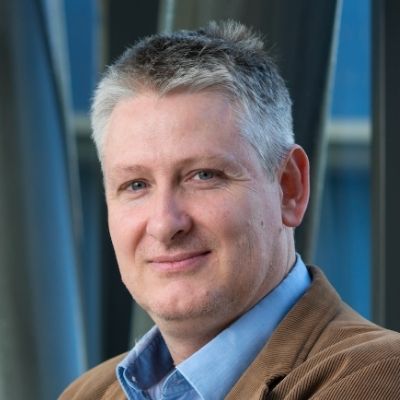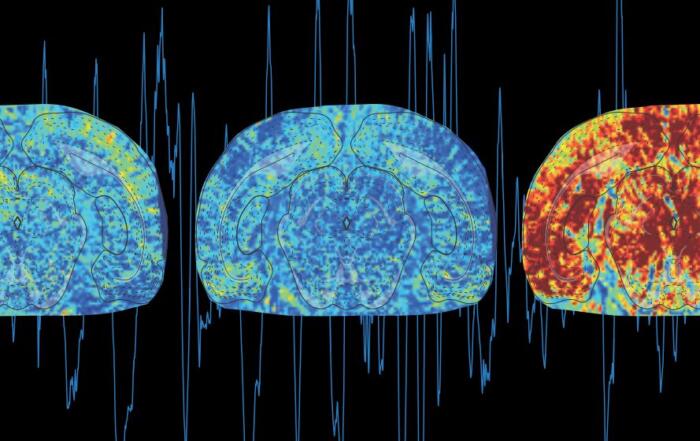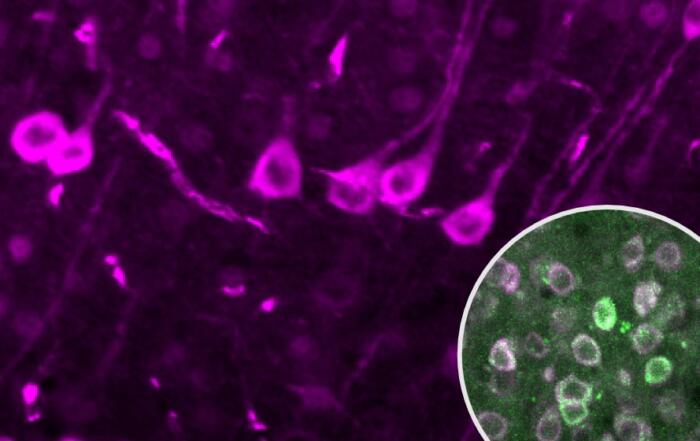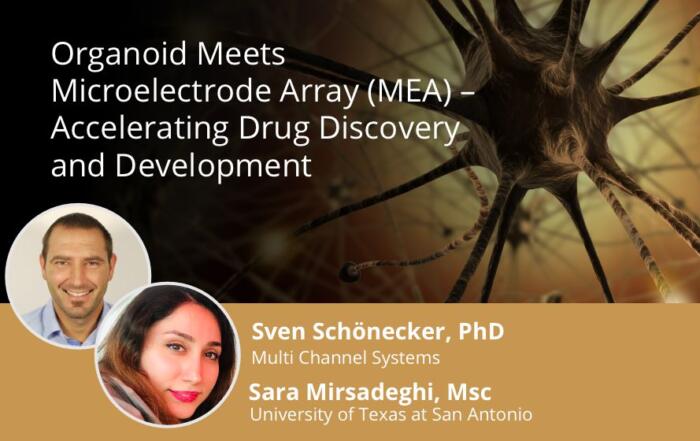Professors Franck Lebrin and Denis Vivien discuss in vivo molecular and functional imaging, including ultrasound-based markers, and their application to the study and treatment of neurological disorders such as cerebral hereditary angiopathies and stroke.
Early vascular dysfunction is increasingly recognized as the underlying cause of many neurological diseases. The development of drugs targeting vascular damage at its earliest stages could therefore pave the road towards the treatment of neurological disorders. However, to be effective, this therapeutic approach will require the identification of early markers of vascular injury.
In the first portion of the webinar, Prof. Lebrin discusses his research on ultrasound markers of early vascular dysfunction in cerebral hereditary angiopathies (CHA) and the testing of novel therapeutic agents that restore vascular function. Albeit rare, blood vessels from CHA exhibit the salient features of other neurological diseases and as such provide tractable preclinical models for research and defined patient groups for trials. Prof. Lebrin expects to identify early cerebrovascular markers that could ultimately be translated to the clinic for monitoring of disease progression and drug action.
In the second portion of the webinar, Prof. Vivien presents current therapeutic approaches for ischemic stroke intended to restore cerebral blood flow (CBF) as quickly and efficiently as possible, including rtPA treatment (tissue type Plasminogen Activator) and endovascular thrombectomy (EVT). Prof. Vivien’s research aims to better understand the spatiotemporal evolution of specific functional and molecular events that occur during and following stroke, using a unique combination of in vivo high-resolution functional ultrafast ultrasound imaging (HR-fUS) and high-resolution molecular magnetic resonance imaging (HRmol-MRI). This project has led to the proposal of an innovative platform to test future therapeutics of ischemic stroke with a greater chance of successful translation to the clinic.
Key Topics Include:
- Organization of the vasculature and functions
- An introduction to cerebral hereditary angiopathies
- The correlation between functional ultrasound (fUS) data, imaging, and vascular dysfunction
- The relevance of experimental stroke models in rodents for clinical translation
- The use of molecular magnetic resonance imaging to reveal inflammatory processes
- The value of ultrafast fUS imaging in the field of stroke
- The future of stroke diagnosis and prognosis
Click to watch the webinar recording. To view the presentation full screen simply click the square icon located in the bottom-right corner of the video viewer.
Resources
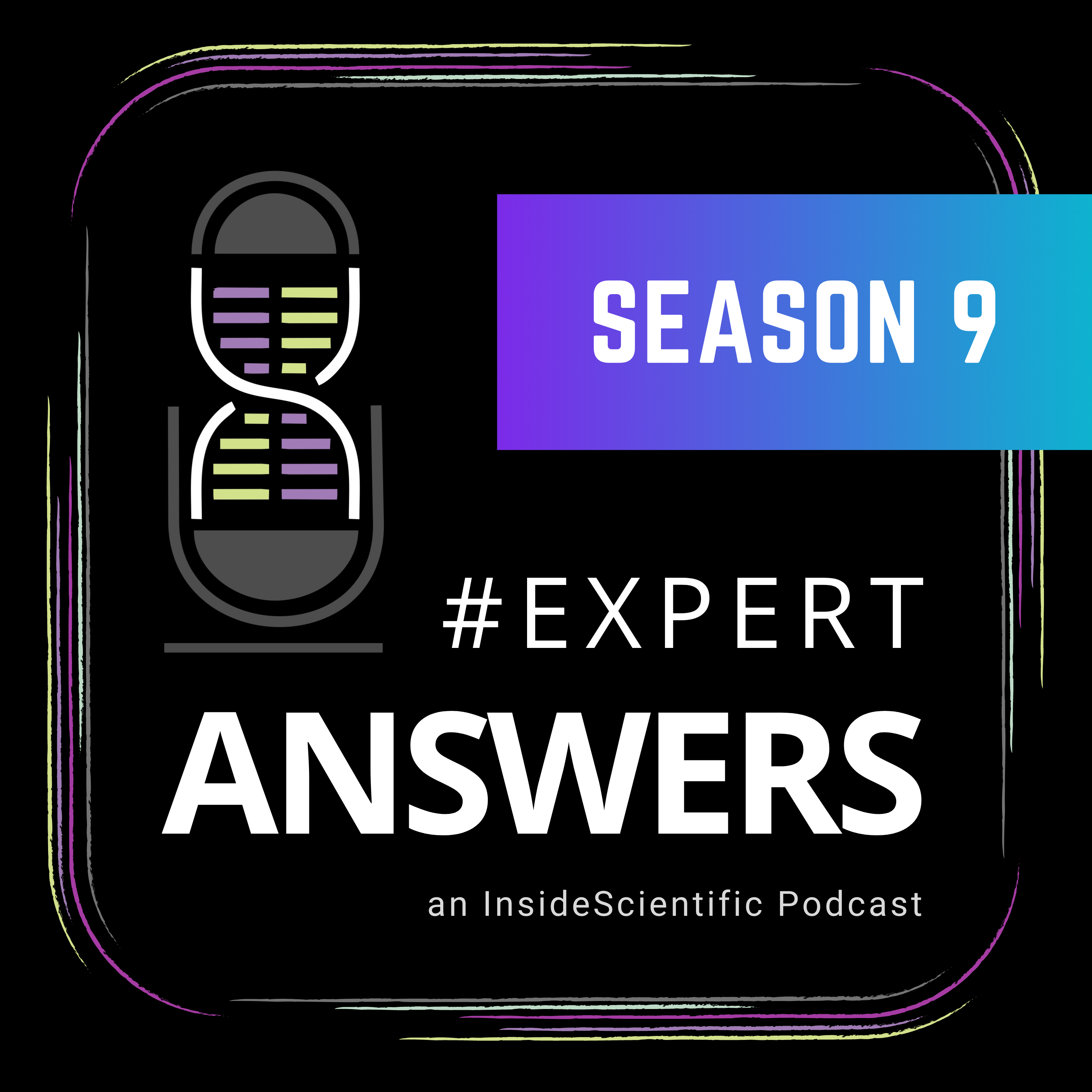
To retrieve a PDF copy of the presentation, click on the link below the slide player. From this page, click on the “Download” link to retrieve the file.
Presenters
Associate Professor
Internal Medicine
Leiden University Medical Center
Professor/Hospital Practitioner
Cell Biology
Univ. Caen-Normandy

